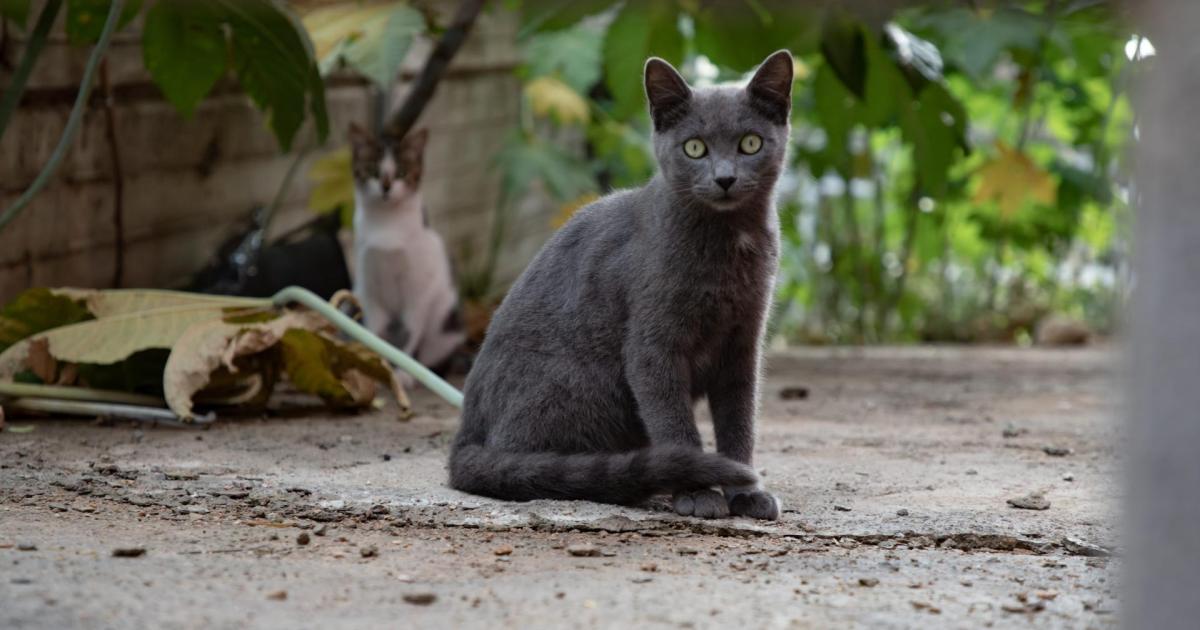An urgent meeting has been called to discuss the law’s implementation
The new Spanish law for animal welfare makes town halls in Mallorca legally responsible for stray cats.
Under the law, town halls are obliged to neuter, chip, vaccinate and care for all strays. But this obligation is going to mean added cost, which will be most burdensome for small municipalities, of which there are many. It also the case that, with the exception of Palma, town halls do not employ vets. They make arrangements privately and rely on the help of volunteer groups. The majority have contracts with Natura Parc for the collection of abandoned animals. The average annual cost of this is 50,000 euros, an amount that is now set to multiply.
Palma employs just the one vet, and the town hall recognises that it will have to provide more resources, including the hiring of more staff.
The mayor of Maria de la Salut, Jaume Ferriol, is the new president of the Felib federation of town halls. He has called an urgent meeting to discuss the matter, which will also be attended by representatives from the island councils, the Balearic government and the College of Veterinarians.
Ferriol says that this is a problem of great concern. “In Maria de la Salut we have a vet who charges us 90 euros to neuter a female and makes no charge for males. There is one town hall in the Pla region which paid almost 8,000 euros in April and May on animal management and we are talking about a small town hall.”
In a larger municipality, Alcudia, councillor Carme García says that there is no formal, authorised cat colony, but there a number of volunteers who take care of several informal colonies. One of these has up to 80 cats. “Some of the volunteers have been carrying out good control for a long time, but others do not want to neuter or chip the cats. They are totally against this and don’t give us the real figure of how many animals they feed. On paper we have about 1,000 stray cats in Alcudia but we know that the real number is much higher.”
In this regard, Alcudia is not alone; municipalities don’t have accurate numbers of cats. Taking a proper census will be needed as the law requires that all strays live in controlled colonies and are neutered. But this can only be effective so long as people don’t abandon unneutered cats. And where colonies are known to exist, this is one of the problems, as also is the feeding of strays by individuals who aren’t among the volunteers.
With the law in place, town halls are seeking clarity as to how the Balearic government and the Council of Mallorca will proceed. Will they take action if there is found to be non-compliance with the law or will they only intervene in the event of specific complaints? Either way, the town halls fear that, as well as the additional costs that the law implies, there will be fines.
